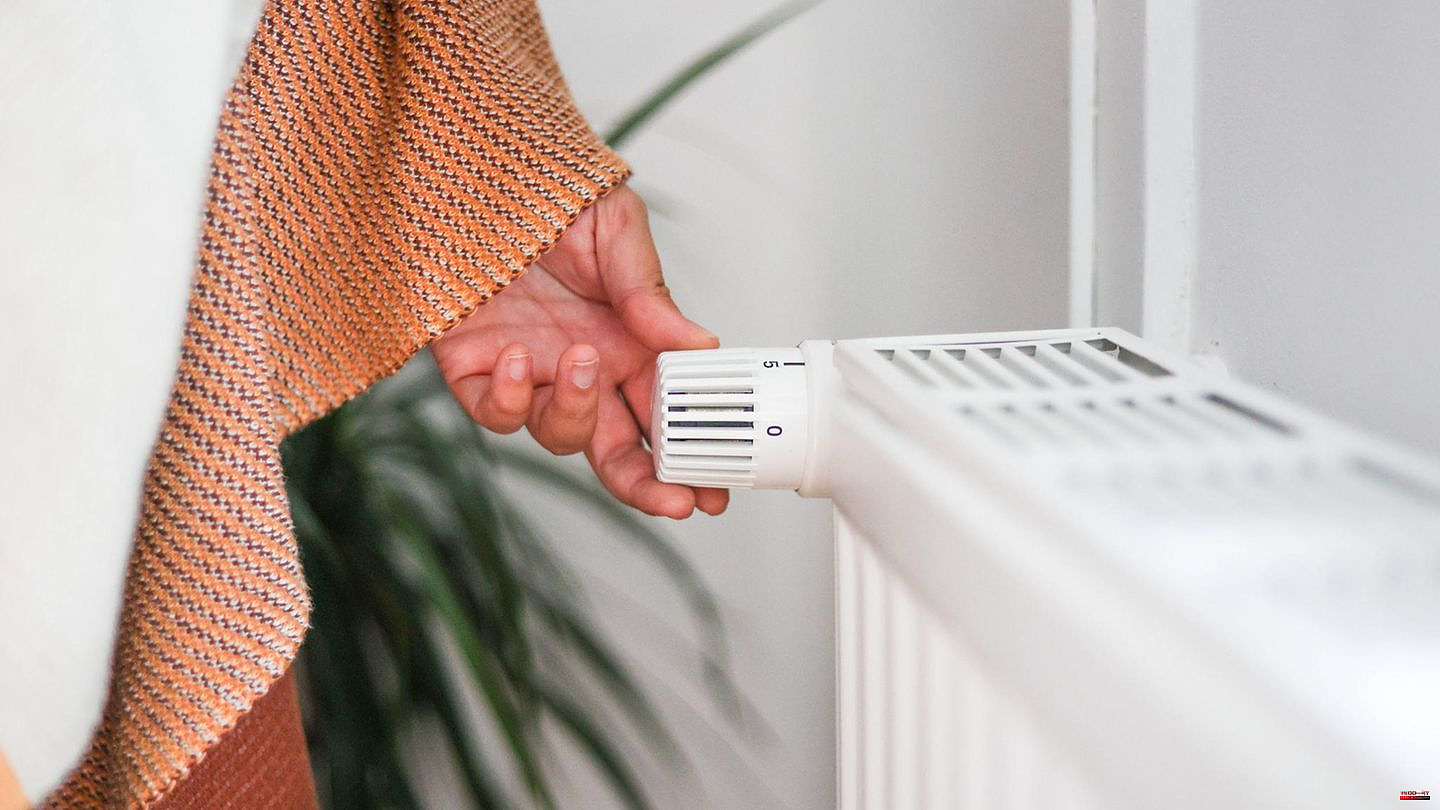This article first appeared on RTL.de.
High costs for heating, electricity and groceries put many households in Germany under pressure. That is why the housing benefit, which helps people with low incomes to pay the rent, is now to be increased. The group of beneficiaries is also being expanded. But many of those affected do not even know that they could get help from the state at all.
It's like a government subsidy to rent for people on low incomes. Anyone who owns a condominium or a house and has little money at the same time can get support. However, this only applies if you do not receive any other social benefits that already take housing costs into account, i.e. unemployment benefit II, social benefit or student loans. The federal states or municipalities are responsible for applications and payments.
That depends on how high the rent and income are and where exactly you live. Construction Minister Klara Geywitz wants to increase the housing benefit significantly in general, by an average of 190 euros per month. The previous housing benefit households would receive around 370 euros per month from January instead of an average of 177 euros. The federal cabinet wants to vote on Geywitz's proposal on Wednesday, after which the Bundestag must be consulted.
Whether you are entitled to housing benefit depends on a complicated calculation. There is no easy-to-remember income threshold. That may be one reason why not all households that are entitled to it have applied for housing benefit. Factors in the calculation are income, rent, household size and place of residence. You can use the ministry’s housing allowance calculator to calculate whether you could get housing allowance online.
So far, 600,000 households in Germany have received housing benefit. The reform is expected to add 1.4 million more households. Geywitz has announced that in the future, those citizens who earn minimum wage or have a pension of a comparable amount should also receive housing benefit.
The Ministry of Construction expects costs of more than three billion euros for the coming year. It is planned that the federal and state governments will each take on about half, because they are already sharing the cost of housing benefit. The federal states, on the other hand, see the federal government as solely responsible and do not want to pay.
Countries like Berlin doubt that they will be able to pay out the new housing benefit in time for January 1st. They expect many new applications, the processing could drag on into February or even longer, they warn. For Stefan Körzell from the board of the German Trade Union Confederation (DGB) it is clear: without more staff in the housing benefit offices, it will not work to process additional applications quickly in the future. Until the reform takes effect, there must be a freeze on termination to protect tenants. All in all, it is high time to increase the housing benefit and expand the circle of those entitled to it, but at the same time more social housing with affordable rents urgently needs to be built.
For all those who are already receiving housing benefit, there should be a further heating cost subsidy in the short term. Everyone who is entitled to housing benefit for at least one month between September and the end of December should benefit. In addition, there are Bafög recipients and trainees with state support. For students and trainees there is a flat rate of 345 euros, for everyone else the subsidy depends on the size of the household: If you live alone, you get 415 euros, for two you get 540 euros - and for each additional roommate another 100 euros.












